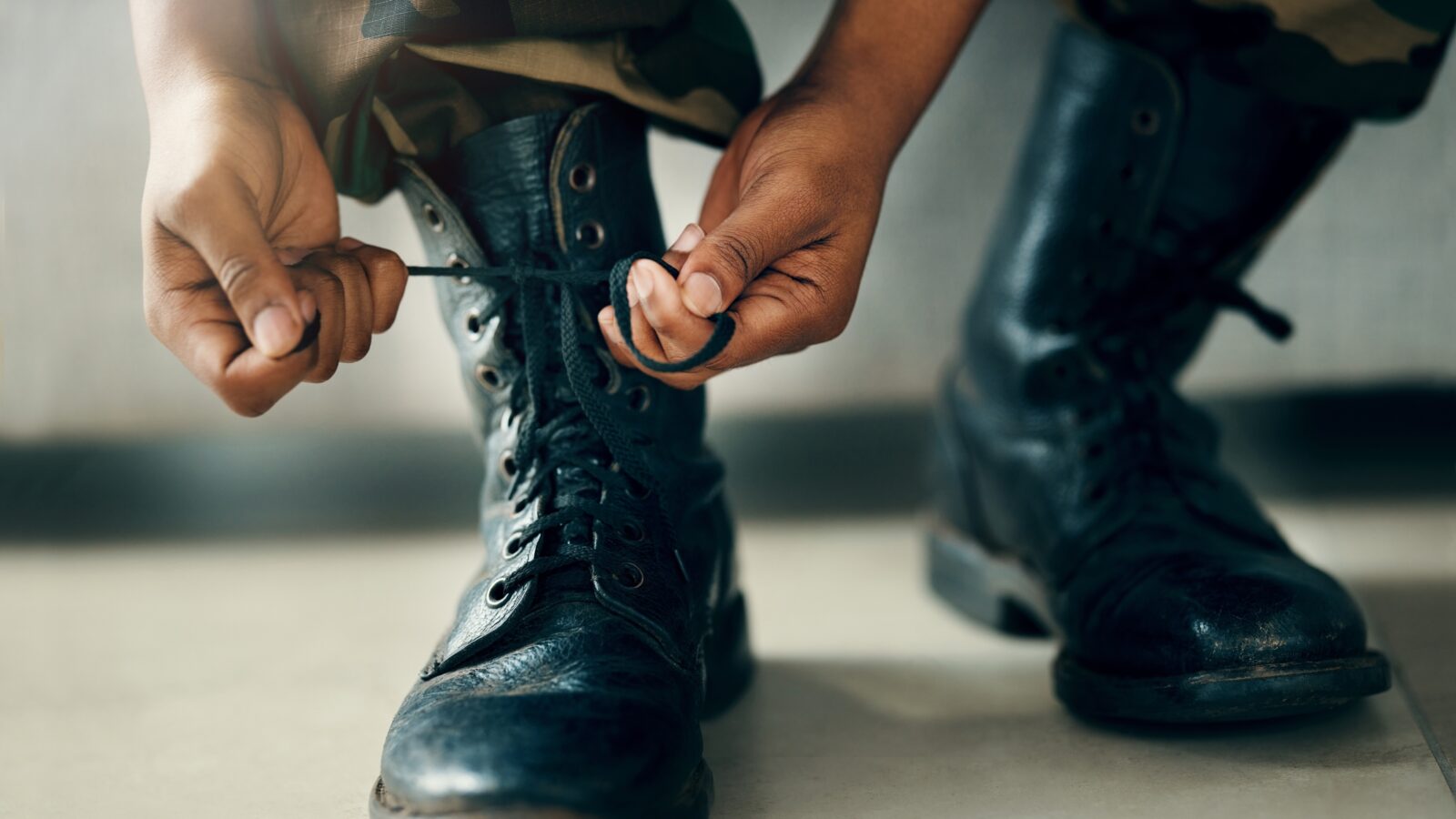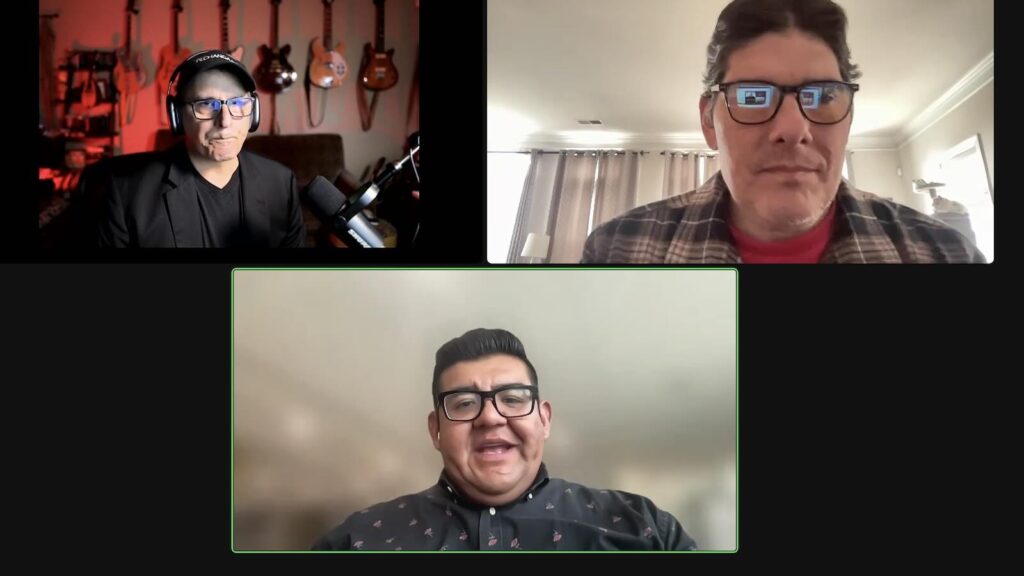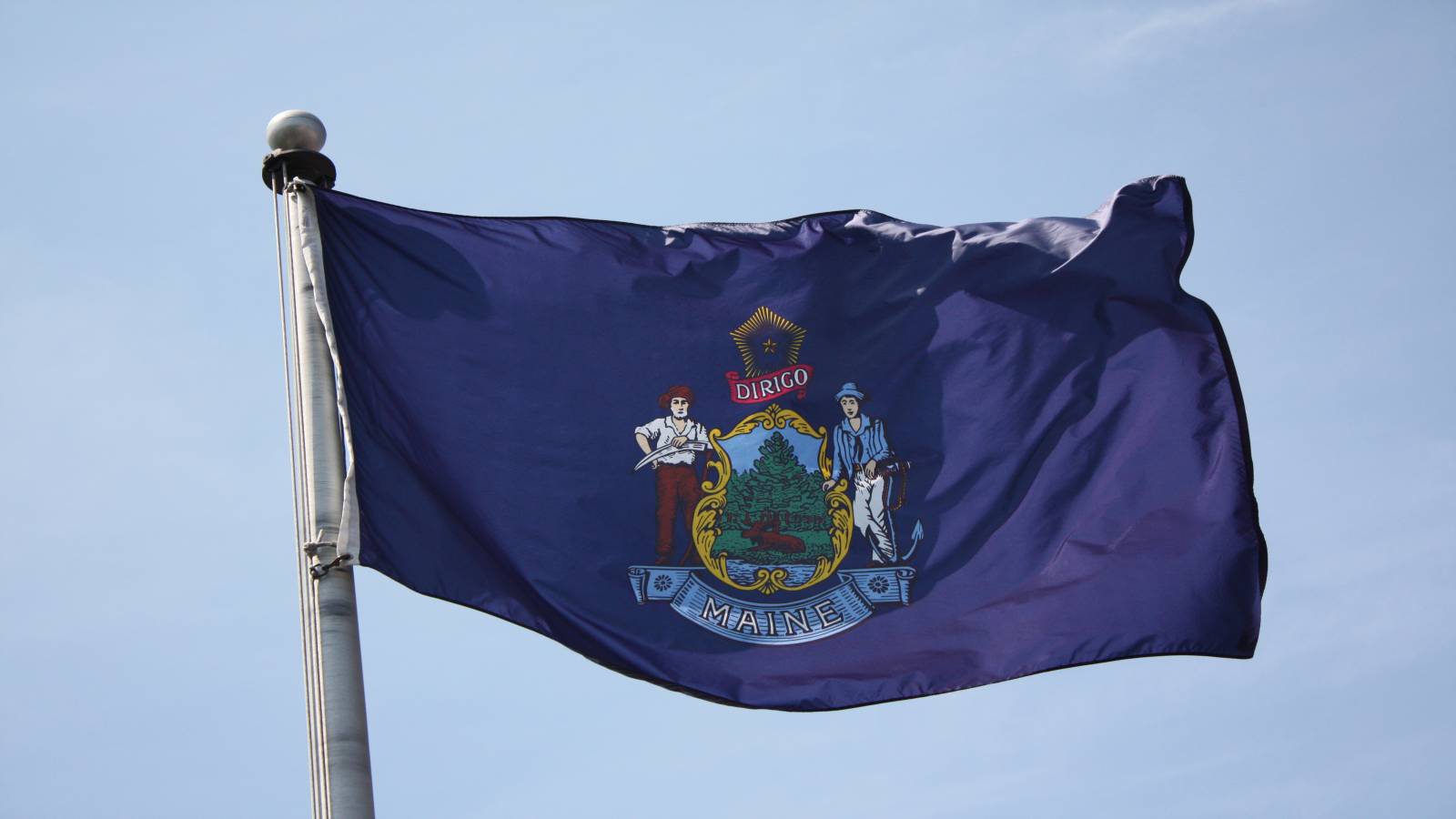California Tribal Leaders Declare War On Sweepstakes And DFS 2.0 Companies
‘If the tribes don’t stop them, nobody will. But we’re used to this.’
2 min

We’re coming for you.
That was the basic message relayed to social casinos and sportsbooks such as Fliff and DFS 2.0 companies by the California tribal gaming industry during a webinar Wednesday hosted by Victor Rocha and Jason Giles, the conference chairman and executive director, respectively, of the Indian Gaming Association. They were joined by James Siva, the chairman of the California Nations Indian Gaming Association.
And they’re none too happy with these companies, who they claim are exploiting legal loopholes to bring unregulated and untaxed online casino and sports betting to California residents.
“The tribes are under assault in California,” Rocha said.
Rocha said the sweepstakes storm caught him off guard, and it wasn’t until an off-site mixer at G2E in Las Vegas this month woke him to the threat.
“Everyone there was talking about sweepstakes gaming,” Rocha said. “You ever see the movie Blade? The first scene, about halfway through the scene, you realize that everyone is a vampire. That’s exactly what happened to me. I realized everyone was talking about sweepstakes. And I realized I was in a room full of vampires. It was shocking to me. I was like, ‘We have a problem here, what’s going on,’ and I realized we really missed this threat. Missed the severity of this threat to Indian country.”
So what are Rocha and company planning to do about these companies?
“They’re young enough to still smother in the crib and that’s exactly what we’re going to do,” he said.
Multi-faceted plan

In short: They’re looking at multi-pronged attack, utilizing the federal government, the California legislature, and the California attorney general’s office.
And as far as the California AG goes, Siva wondered why the office hasn’t been as proactive as some other states, such as Michigan, in sending out cease-and-desist letters to these businesses.
“They’ve retreated fairly quickly without much of a fight,” Siva said.
The trio also discussed the myriad ways to fight this battle, from teaming up with other tribes in other states, to supporting the federal SAFE Bet Act, to sending letters to app stores informing them that they are offering — according to the tribes — illegal gaming options.
“It’s baffling how far they’ve gotten already without any big pushback from the state,” Rocha said. “But we will stand up and protect our sovereignty every day of the week.
“We’re not saying that you can’t come to California eventually,” he continued. “We’re saying you have to go through the tribes. So, what they’re doing right now is they’re not doing tribal partnerships, a violation of the tribal exclusivity, and that’s where they’re going to get in trouble. That is where the tribes have been very adamant that this is our territory and we will fight anyone, anytime, anyplace, anywhere.”
Rocha said this is the first of five planned webinars on the subject, and that by the end of it, the tribes will have formed a plan — along with the American Gaming Association and the Sports Betting Alliance, two groups Rocha says are on board with the tribe’s complaints — to fight back against the companies they claim are breaking California law.
“Tribes are the operators in California,” Siva said. “Any new entry of gaming into California begins and ends with the tribes. That’s it. That’s the reality of gaming in California. You may not like it, but you will respect it. You may not do it right now, but you will respect it at the end of the day.”
Rocha made frequent reference to a past battle against the U.S. sports betting duopoly of DraftKings and FanDuel, when the pair spent over $100 million to support California ballot initiative Prop 27 to legalize online sports betting in the Golden State. The result was a costly, stinging, humbling 82-18 vote share defeat during the 2022 midterm elections.
Rocha added that tribes not only in California but nationally will begin coordinating efforts and resources in the face of the perceived threat.
“By the end of this five show arc, we’re going to have a lot more clarity on what these people are doing, what their weaknesses are, and what we can do to stop them,” said Rocha. “If the tribes don’t stop them, nobody will. But we’re used to this.”






